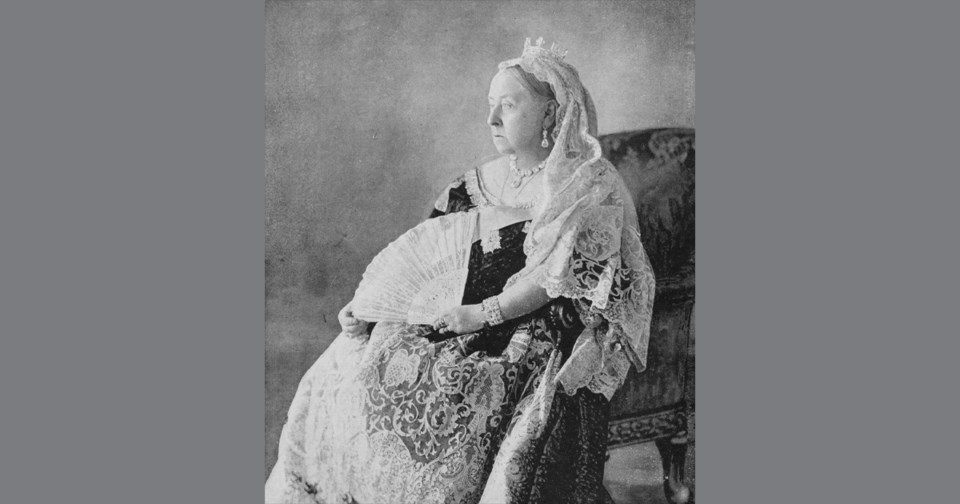The end of the year presents plenty of opportunities for shopping and celebrating. Starting with Thanksgiving preparations, there is a steady supply of days geared around generosity and merriment, counting down to the holiday gifting and entertaining season. Black Friday, Small Business Saturday and all of the weekends preceding Christmas are prime opportunities to snag discounts and deals. However, for those in Canada, Australia and the United Kingdom, gift-giving doesn’t cease with the passing of Christmas.
Boxing Day, which falls the day after Christmas, has nothing to do with bringing empty gift boxes out to the recycling bin. While it has transformed into another day to grab seasonal deals, Boxing Day has historically served as a day to give to the less fortunate.
During the Victorian era in Britain, servants were not given off on Christmas Day because they had to work during their employers’ celebrations. Therefore, they were allowed off the following day — December 26 — to spend time with their own families. The holiday became standard practice in 1871. Boxing Day may have gotten its moniker from wealthy people who would give their employees boxes filled with small gifts, Christmas dinner leftovers and money as recognition for their service. Others believe it refers to alms boxes placed in churches for the collection of donations for the poor.
December 26 also is the feast day of St. Stephen, the patron saint of horses, so Boxing Day has been tied to sporting events involving horses. This includes horse races and fox hunts.
Even though the British established early residency in America, the Boxing Day tradition did not travel over to the colonies from England. However, Canadians and other former British strongholds celebrate it as a public holiday. Offices are closed and public transportation may run on holiday schedules.
Boxing Day is yet another end-of-year opportunity to share gifts and well wishes with loved ones and the less fortunate.




